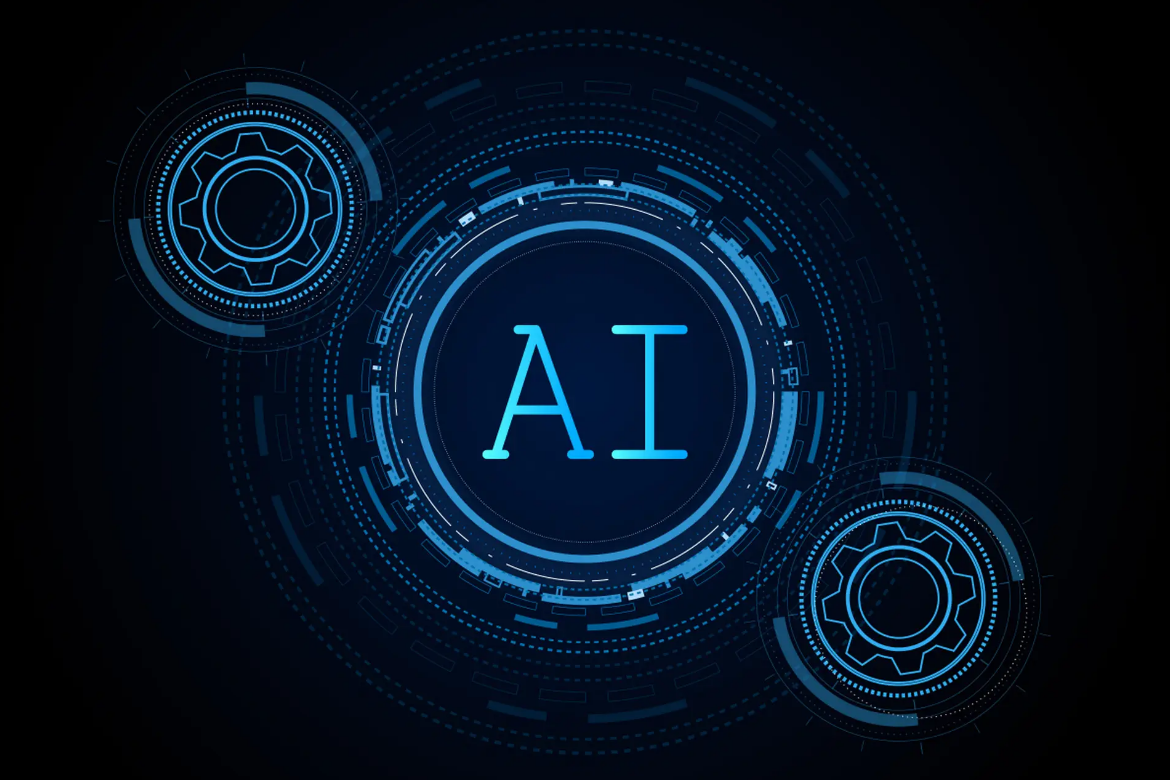Recently, the editor of Downcodes learned that the latest Christmas advertisement released by Coca-Cola Company generated by artificial intelligence has caused huge controversy. Featuring a fleet of trucks delivering Coke, the ad was meant to show what was possible in future commercials. However, the lack of festive atmosphere in the advertisement has been complained by many consumers as "trash", "ugly" and "lazy", triggering widespread discussions about the application of artificial intelligence in advertising production.
Coca-Cola recently launched a Christmas ad generated by artificial intelligence, which received backlash from netizens. The ad shows a fleet of cherry-red trucks driving along a snowy road, delivering ice-cold Cokes to customers in a holiday-decorated town. While the campaign showed what commercial advertising could look like in the future, many consumers weren't feeling the festive spirit, criticizing the drinks brand's advertising as "trashy," "ugly" and "lazy."

Coca-Cola's artificial intelligence software, Real Magic AI, was used in the ad and included a small print disclaimer in the video. While the campaign was designed to promote Coca-Cola Zero Sugar, consumers expressed anger over the use of artificial intelligence.
Jason Zada, founder of Secret Level, one of the three artificial intelligence studios Coca-Cola works with, believes that there are still human elements in the video to create a "warm" effect. However, many consumers did not feel this warmth and instead criticized the ad as a "dystopian nightmare".
Pratik Thakar, vice president and global head of generative artificial intelligence at Coca-Cola, said the company is using next-generation events to connect its "heritage" with "the future and technology." He believes that using this technology can save money, not to mention time.
However, consumer reactions suggest that AI-generated ads may not yet be the best option.
This incident triggered people's thinking about the application of artificial intelligence in advertising creation, and also highlighted the importance of how to better grasp consumers' emotional and aesthetic needs while pursuing efficiency. The editor of Downcodes believes that the future development of artificial intelligence in the advertising field requires more attention to the integration of humanistic care and creativity.